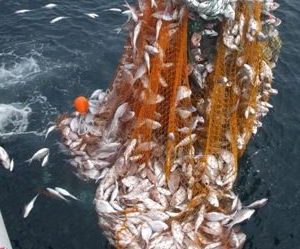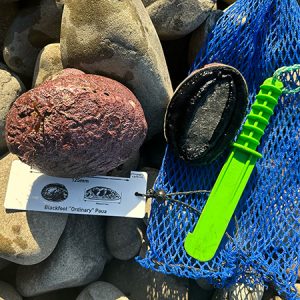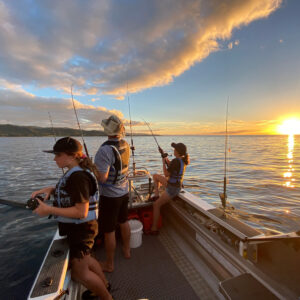Kaitiakitanga means guardianship or management and traditionally it’s applied to conservation efforts. It’s a matter dear to the hearts of the recreational fishing sector as well. We of all people get to see when there’s abundance and plenty for all, and when there’s a desert, a dearth of life in our oceans.
No longer is the phrase ‘plenty more fish in the sea’ true as we realise globally our fish stocks are rapidly declining from over fishing and negative impacts on the ocean environment.
We must change our thinking and our ways. Kaitiakitanga needs to be in every fisher’s conscience as they gather from, fish in, and interact with our ocean habitats.
So here at LegaSea we’ve put together the five FishCare principles and practices for recreational fishers to use that should help us all do our bit for the oceans we love and the fish we devour.

FishCare – The school of best practice is designed to help fishers improve their approach to fishing, making simple changes to contribute to a healthy, vibrant inshore fishery.
The principles break down into five groups: Techniques, Handling and Releasing, Utilisation, Impact and of course Safety.
Techniques is an easy section as most of it is common sense. Make sure you’ve got the right gear for the job. If you’re catching mostly undersize fish, move on and leave them alone. Simple stuff that means we’ll see more fish in the sea in the future.
Handling and Releasing – think about the types of hooks you’re using and whether they are hard to remove. Don’t use a cloth if you’re releasing your catch, leave the fish in the water while you remove the hook.
Everyone loves a snapper fillet but what about the rest of the frame? This tends to get chucked overboard but if you’re going to kill a fish why not use all of it? Our Free Fish Heads programme in conjunction with Matt Watson marries up fishers with those looking for heads and frames, and makes sure we have 100% utilisation.
We’ve all see pictures of the floating trash patch that’s now the size of a small country. The impact we as fishers have can be tremendous so consider your use of plastics on the boat, think about avoiding sea birds and whales, and remember to respect all the marine life you come across.
And of course we want you all to come home safely. Check the weather reports before setting out. Wear your life jackets. Take a radio and have a mobile phone for back-up (you’ll be surprised how far out they still work) and tell someone where you’re going and when you expect to return.
You can find the full breakdown of our FishCare principles on the FishCare website: www.fishcare.co.nz





